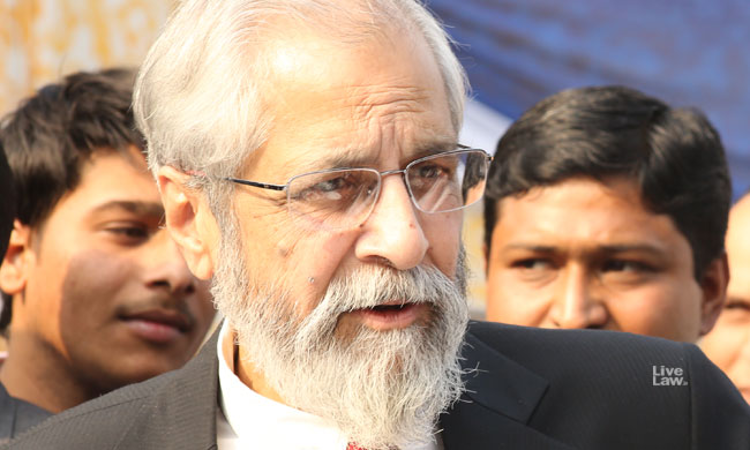RTI Amendments Are Regressive, Will Impact Functioning Of Law : Justice Lokur
Live Law News Network
17 Oct 2019 11:32 AM IST

Next Story
17 Oct 2019 11:32 AM IST
Speaking at a public meeting, former judge of the Supreme Court, Justice Madan Lokur said that the recent amendments to the Right to Information Act, 2005 were regressive and will have an impact on the functioning of the law. The meeting was organized on October 16 by Satark Nagrik Sangathan (SNS), a citizens' group working to promote transparency and accountability in government functioning,...
